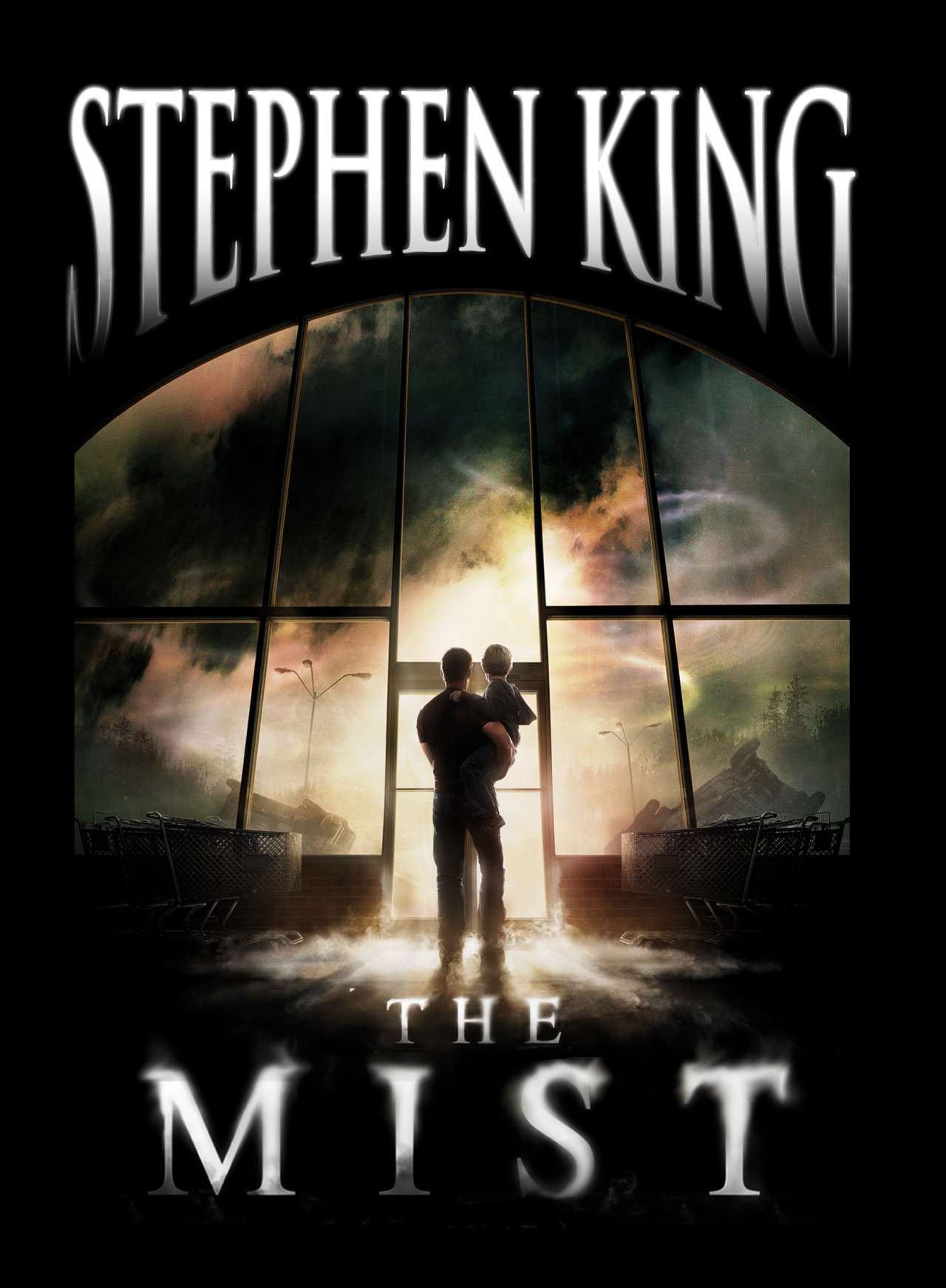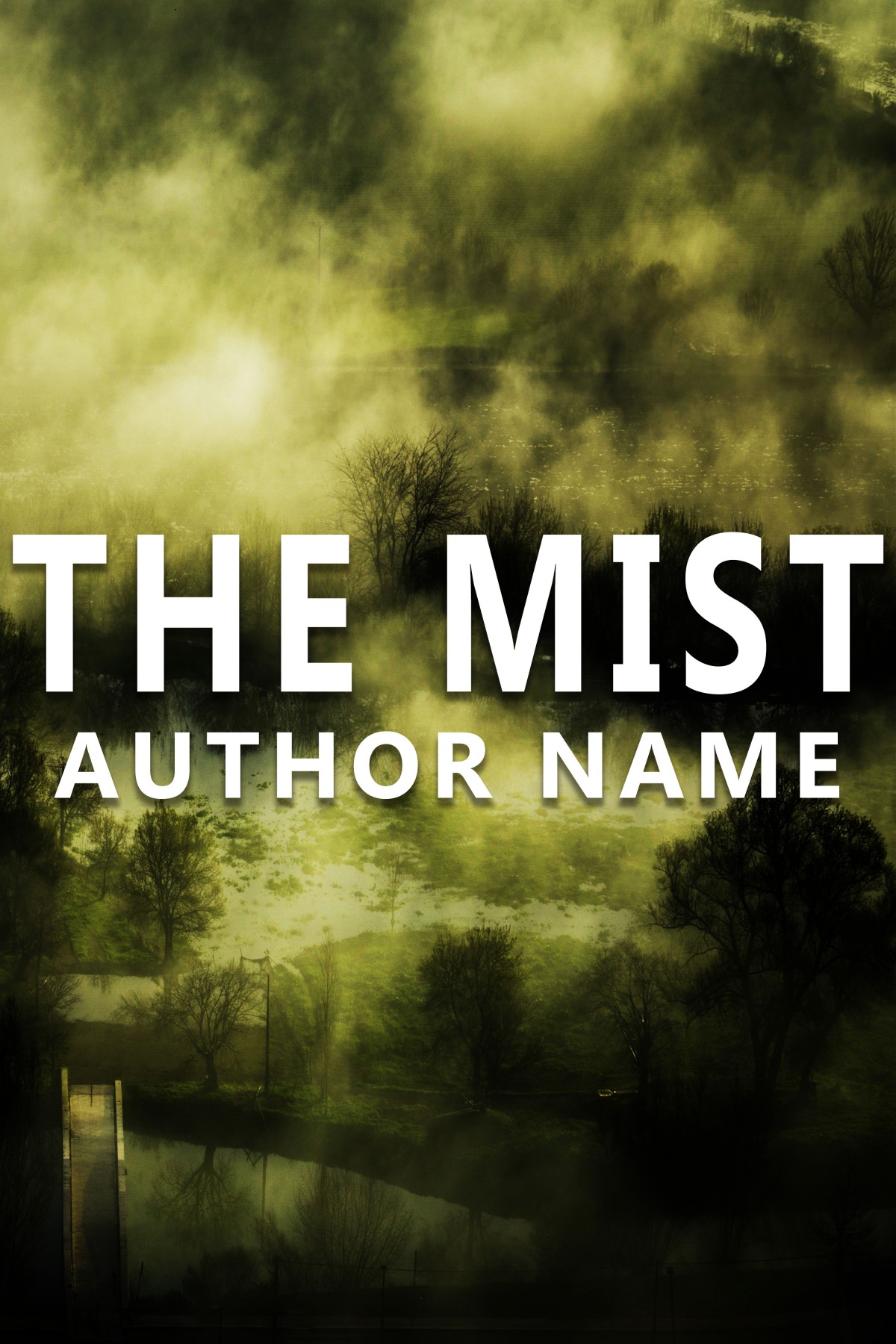Is Stephen King's work truly misunderstood by the masses? The Shining, a cornerstone of modern horror literature and cinema, often stands as a testament to this debate. A bold statement emerges: both King’s masterpiece and Kubrick’s adaptation deserve equal admiration. While some may argue that the book offers deeper psychological insight, the film crafts an unparalleled visual experience. This duality enriches rather than detracts from their respective merits.
Stephen King has long been celebrated for his ability to craft intricate plots with characters so vividly drawn they leap off the page. Yet, there exists a persistent critique regarding how he concludes his narratives. His stories frequently demand expansive canvases due to their complexity. Consequently, wrapping up these tales within confined spaces can prove challenging. Despite this, King consistently delivers endings that resonate deeply with readers, offering realism over tidy resolutions.
Billy Summers stands out among King’s bibliography as one of his lesser-recognized yet profoundly impactful novels. Readers appreciate its grounded approach compared to some of his more fantastical works. In Billy Summers, King embraces realism without sacrificing tension or intrigue. This novel exemplifies his versatility as a writer capable of excelling beyond traditional horror genres.
The discussion surrounding It versus The Stand highlights another dimension of King’s legacy. Both novels represent monumental achievements in storytelling, each tackling vast themes through interconnected narratives. However, opinions diverge on which constitutes his magnum opus. Regardless, both titles showcase King’s unparalleled talent for weaving epic tales filled with unforgettable characters and harrowing scenarios.
When comparing the book Misery to its cinematic counterpart, notable differences arise. While the movie captures key elements of Annie Wilkes’ psychosis, certain nuances present only in the original text remain unexplored. These subtleties contribute significantly to the overall impact of the story, underscoring the challenges inherent in adapting complex literary works into film.
Stephen King’s methodological approach to storytelling warrants examination. Critics who dismiss his works fail to recognize the depth embedded within them. Over six decades, King has produced over sixty novels and two hundred short stories, each meticulously crafted. Collaborative essays such as “The Methods of Masters” aim to dissect these techniques, providing insights into what makes King’s creations so enduringly popular.
Lisey’s Story marks one of King’s most introspective novels, delving into themes of grief, memory, and love. Unlike many of his earlier works steeped in supernatural elements, this novel focuses primarily on human emotions and relationships. Its adaptation into a miniseries further underscores its significance within King’s oeuvre, inviting new audiences to explore the rich tapestry of his imagination.
King’s influence extends far beyond mere entertainment; he redefines contemporary literature. Through detailed characterizations and immersive settings, he invites readers to confront their deepest fears while simultaneously finding solace in shared experiences. Whether crafting chilling horror tales or poignant dramas, King remains a master storyteller whose contributions continue shaping the literary landscape.
As debates persist concerning adaptations versus source material, one truth remains clear: Stephen King’s body of work deserves recognition across all mediums. Each iteration—be it novel, screenplay, or television series—offers unique perspectives while maintaining fidelity to core themes. Fans eagerly anticipate future projects knowing they will bear the unmistakable mark of a true literary giant.
In conclusion, examining Stephen King’s career reveals not only his prolific output but also his profound impact on readers worldwide. From early successes like Carrie to recent endeavors such as Lisey’s Story, every piece reflects careful consideration and dedication to craft. As technology evolves, allowing greater access to his works, generations of admirers ensure King’s legacy endures indefinitely.



